Transferring your international driver's license to the US: step-by-step
Your full guide to updating your foreign driver's license to the US.

But that doesn’t mean that making the transition is easy, as there are tons of cultural differences between France and the U.S.
Wise customers who have already made the move shared five valuable lessons that you’ll learn when you move to America.
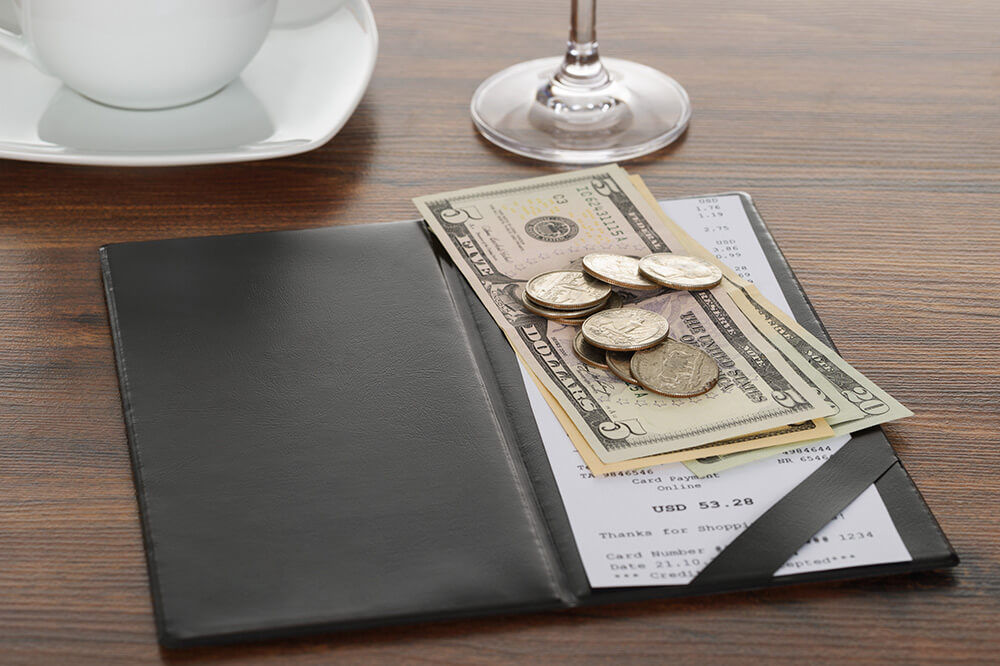
In the U.S. it's customary to tip about 15 percent of your bill, and up to 25 percent at fancier establishments.
French servers are paid at least minimum wage, so much of their income doesn't depend solely on tips. However in America, the federal minimum wage is just $2.13 an hour for people who recieve at least $30 a month in tips. Because of this, servers in America work off a smile and really aim to please!
In France, tips tend to be much smaller and are more common in restaurants and eateries. In America, restaurants aren't the only place you're expected to tip, as you'll see people giving extra gratuities at hotels, cafés and bars. It is also expected to tip for everyday services such as taxi rides or haircuts, and at the same rate as a good restaurant meal.

Whether it’s a small village or a major city in France, there seems to be a pastry shop on every corner.
Whereas it's common in France to stop at your local pâtisserie to pick up fresh croissants, eclairs and baguettes daily, in America, people are more likely to shop at major supermarkets and prefer the one-stop shop. It's more convenient here to pick up all of the groceries in the same place.
Claire, a French emigrant living in the U.S, explains:
“If you walk down the street in Paris, you’re bound to run into a local pastry shop but outside of major cities in America, they’re very hard to find. French people love popping into a nearby coffee shop for an espresso and an eclair. But here, Americans tend to gravitate towards a Starbucks grande Frappuccino instead.”
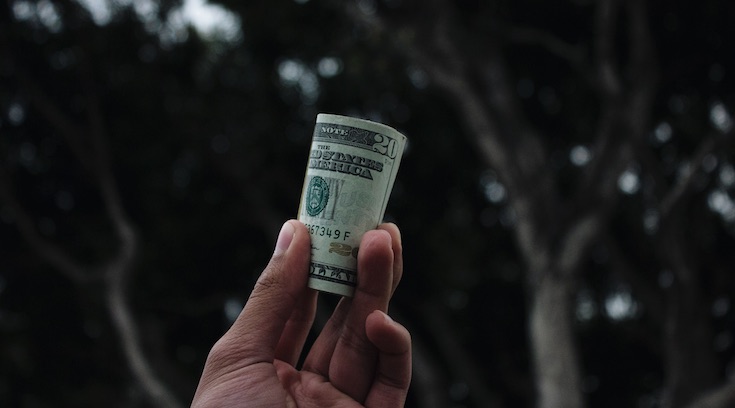
Since American currency uses a bill to represent one dollar while most other currencies use a coin, Americans tend to never carry change on them because their coins are worth so little.
This is because in American currency, their highest coin is worth only 25 cents and their lowest coin is worth 1 cent. If you compare this to the euro where they have smaller coins as well as ones that represent 50 cents, 1 euro and 2 euros, it’s easy to understand why Americans are always paying for things with their Visa cards or bills.
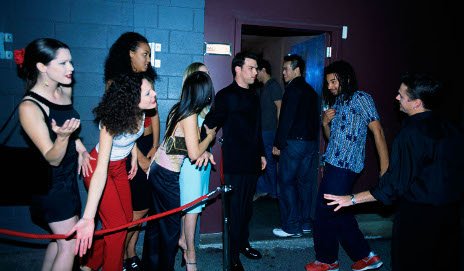
In France, many of the clubs are open until the sun comes up any day of the week and you’re rarely asked to show your I.D. upon entrance.
Which is very different from America, where I.D.’s are diligently checked and last call at the local bar generally ranges from 1-2 am. The same goes for buying liquor at shops or restaurants (even if you look under 40, they need to see your I.D.!)
Don't be surprised when asked to show your I.D. when purchasing something (even nonalcoholic items) with your Visa card. This is common practice in the U.S. in order to protect your identity.
Anne-Sophie explains:
“Back home, if I wanted to order a glass of wine with my lunch or enter a club, I would never be asked for I.D. But in America, they’ll turn you away if you don’t have yours if you look less than 40.”

In the U.S., it can be very common to see someone running errands in pajamas or even wearing the same outfit to both work and dinner.
Americans seem to have no problem wearing sweatpants to school or yoga pants to the grocery. However, in France seeing someone wearing a pair of baggy sweatpants outside of their home would be as rare as not accompanying a Friday dinner with a crisp glass of red wine.
Your bank might say it's "free" or offer a "fixed fee" to send money home but they routinely hit you with as much as 3% on the exchange rate mark-up they use.
Wise: save up to 8x when sending money overseas
Unlike banks, with Wise you don't pay a markup in the exchange rate when your money is converted into another currency. And you'll save even more by avoiding the international Swift fees and the intermediary banks, when you send and receive money abroad.
Check here how much you'd get with Wise.
It's cheap, fast, and you know exactly how much you pay and how much reaches the destination. With no unpleasant surprises.
*Please see terms of use and product availability for your region or visit Wise fees and pricing for the most up to date pricing and fee information.
This publication is provided for general information purposes and does not constitute legal, tax or other professional advice from Wise Payments Limited or its subsidiaries and its affiliates, and it is not intended as a substitute for obtaining advice from a financial advisor or any other professional.
We make no representations, warranties or guarantees, whether expressed or implied, that the content in the publication is accurate, complete or up to date.
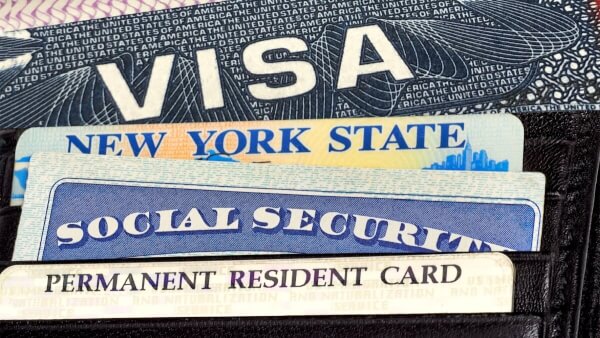
Your full guide to updating your foreign driver's license to the US.

Whatever your reason is for moving to the US, this guide aims to help you figure out the most important costs you'll face when you live there.

Find all you need to know about getting a personal loan for H-1B visa holders in this guide.
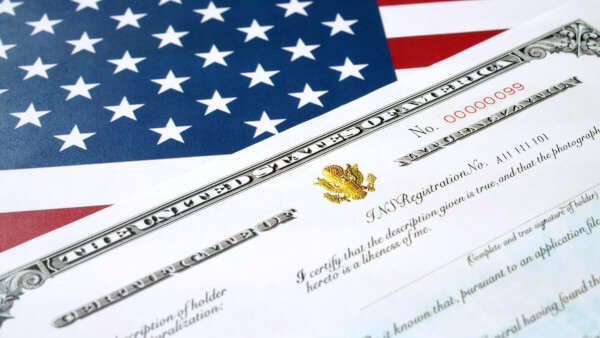
Everything you need to know about the US certificate of naturalization.

The US welcomes large numbers of new arrivals every year — and getting a great job to both gain experience and set down roots is a core part of the American...

Find everything you need to know about the US citizenship test, including the USCIS questions and answers.